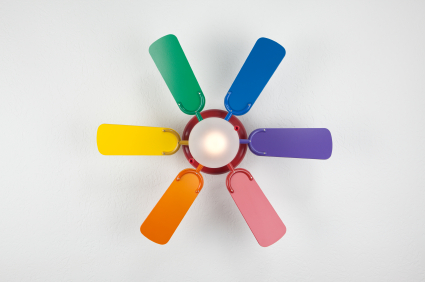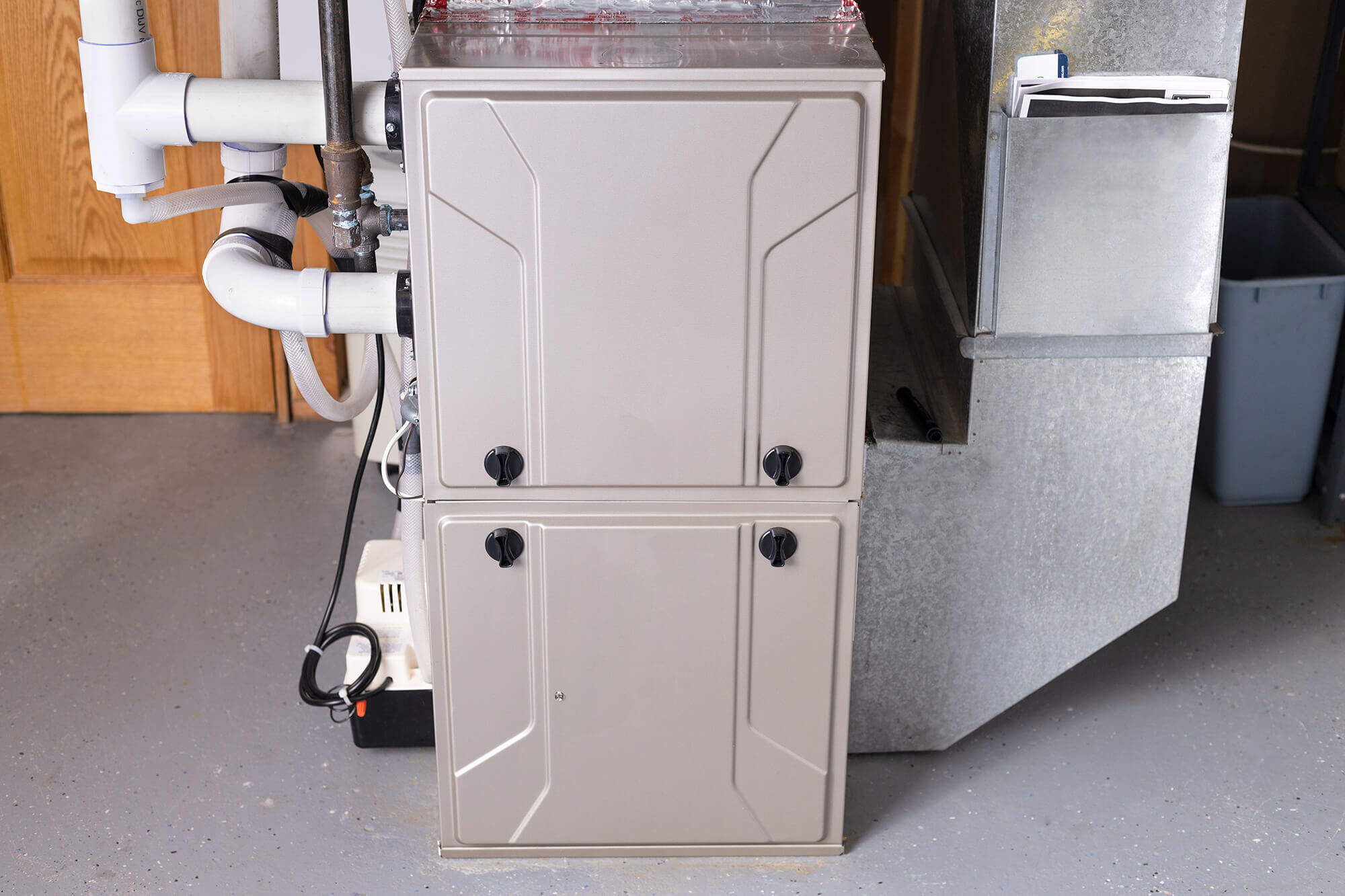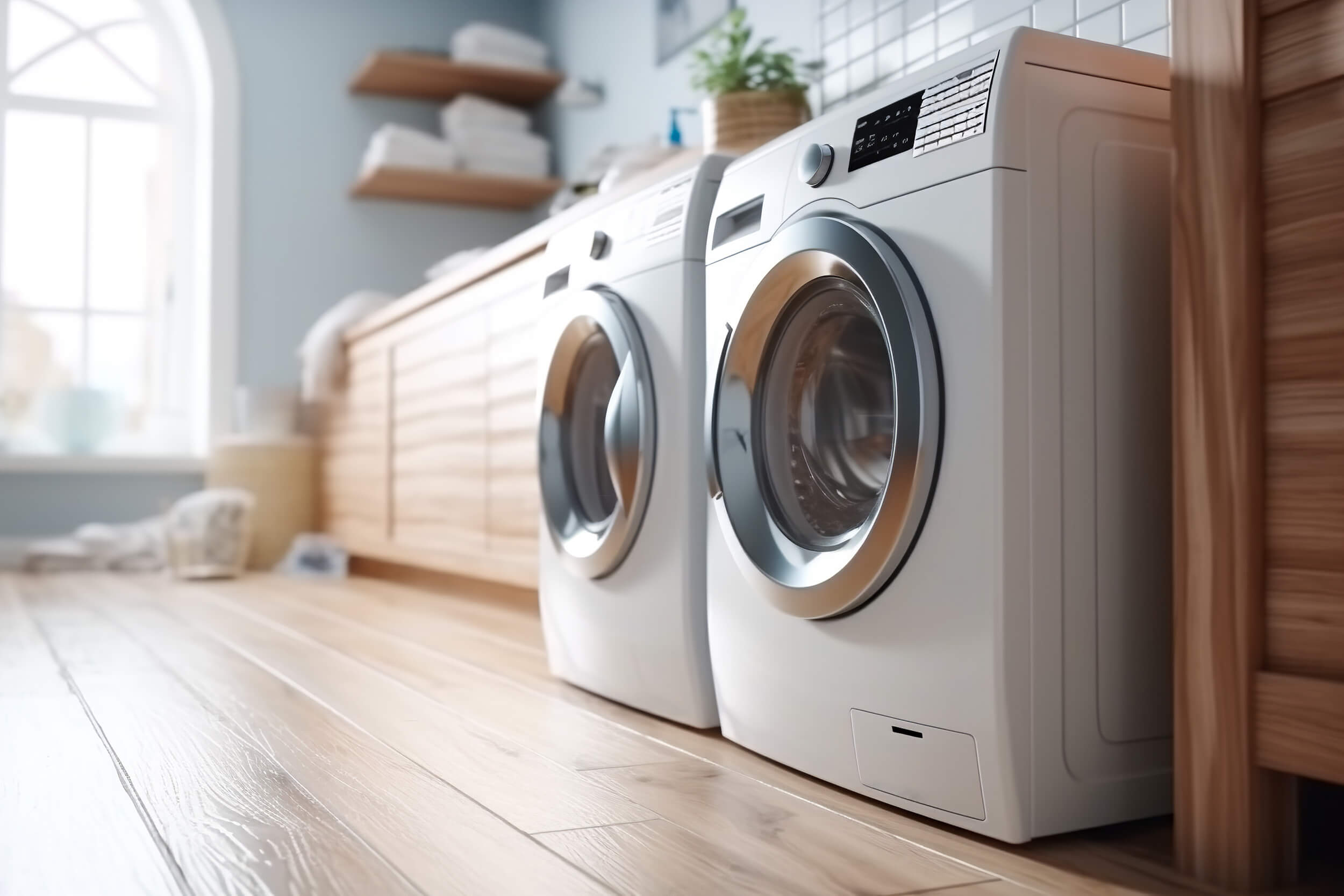The House of Representatives tacked on two amendments to the Energy and Water spending bill Wednesday that would limit DOE’s ability to carry out requirements mandated by none other than…Congress. One amendment would stop DOE from enforcing lighting efficiency standards passed by Congress in 2007 and the other amendment would halt a Congressionally-mandated 6-year review of ceiling fan standards. Both would undo policies that have saved consumers and businesses billions of dollars and have significantly cut both energy use and carbon dioxide emissions.
The lighting efficiency measures, passed by Congress and signed by President Bush in 2007, are being phased in through 2014. The 2007 law requires that new bulbs be about 30% more efficient than their traditional counterparts. By replacing inefficient bulbs with those meeting the new standards (which include new energy-efficient incandescent products), a typical household will save $50 to $100 per year. Nationally, Americans would save over $10 billion per year on electricity bills. The major lighting manufacturers including GE, Sylvania and Philips are already producing the more efficient bulbs, with a significant portion of the new bulbs produced domestically. So the primary beneficiaries of the loophole created by Representative Burgess’ lighting amendment would be off-shore companies.

The ceiling fan amendment sponsored by Representatives Blackburn (TN) and Rokita (IN) would stop DOE from finalizing, implementing, or enforcing ceiling fan efficiency measures, thwarting a Congressional requirement to review covered products every 6 years. The 3-year DOE rulemaking process — one that encourages stakeholder participation at every step along the way — is in the very beginning phase. Two fan manufacturers from the home states of the amendment sponsors (Tennessee and Indiana) attended and provided comments at the initial DOE hearing in June. David Turner from Hunter Fan in Tennessee noted: “But, again, we're here to help, and Hunter [is], as all manufacturers are, dedicated to the continuous improvement of efficiency over the long run.” We applaud the sentiment and encourage fan manufacturers, efficiency proponents, and consumer advocates to take advantage of the open DOE rulemaking process. Thwarting public discourse through the Blackburn/Rokita amendment is a step in the wrong direction.
While the outcome of a DOE rulemaking process for ceiling fans it still to be determined, it is crystal clear that consumers benefit from already existing efficiency standards. Most major energy-using products in our homes are covered by standards and use much less energy as a result. The Appliance Standards Awareness Project and the American Council for an Energy-Efficient Economy released the Better Appliances report in May of this year showing that appliances subject to standards have gotten better — they work better and have more features — even as new standards have taken effect. In the case of many of the products evaluated, they've also gotten cheaper. Congress should take note and let DOE enforce the light bulb standards and carry out its process to determine if new ceiling fan standards are warranted.
(See related blog post by Kit Kennedy at NRDC)
Update: Listen to the July 22nd NPR story by Scott Horsley





